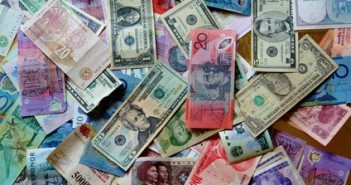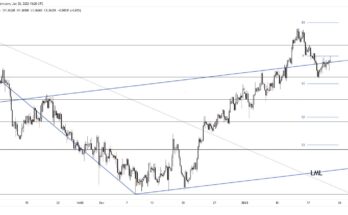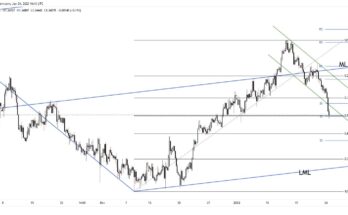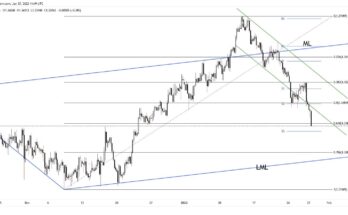Geopolitical wildfires continue to rage throughout the global landscape, though a dampening of some of the immediate risks has financial markets off to a jubilant start to the week, with growth-correlated assets leading the charge higher. Building on the positive developments from last Friday that Russia had cancelled military exercises on the Ukrainian border; new reports are suggesting Russia is growing increasingly concerned around finding a humanitarian solution to the fighting in Eastern Ukraine, engaging in talks to dispatch aid relief to some of the harder hit regions such as Luhansk and Donetsk.
While the fighting continues to rage on, the optimism that an end could be around the corner (should negotiations around humanitarian aid branch into more comprehensive peace talks), has helped send a sense of calm through the markets for the time being.
Contrast the potential for de-escalation in Ukraine with further destabilization in Iraq after the Prime Minister refused to step down and ordered troops into the city of Baghdad, looking eerily similar to a coup in an attempt to overthrow the current President Fouad Massoum.
Coming right on the heels of the call from the US for a more inclusive government in Iraq to combat the Islamic State insurgents, it appears the political situation is anything but stable, which will make the American mission in Iraq all that more complicated especially considering the potential ramifications of a power vacuum intensifying as IS continues to press forward.
The overnight Asian session saw the bulls take charge of price action, with strong gains across the major equity indices. The Shanghai Comp legged higher by 1.39% after Chinese CPI and PPI both came in bang-on expectations, with an increase in consumer prices of 2.3% on a y/o/y basis leaving the door open for modest policy loosening from the government over the next quarter.
The Nikkei also joined in on the optimistic mood of investors, with the Japanese index rallying 2.38% after reports that the government sponsored pension fund would remove a cap on its domestic equity allocation, allowing the behemoth fund to rotate from bonds to equities in a greater proportion. USDJPY has been confined to a tight range during the overnight session, managing to hold a bid tone and keep the pair above the 102 handle on increased risk appetite.
There was little in the way of fundamental economic drivers during the European session, though equity bourses are taking their cues from Asia and are strongly higher as we head into the North American cross. EURUSD has been hit by some macro selling this morning that has pressured the pair back through the south-side of 1.34, though all eyes will be on tomorrow’s German ZEW survey given the recent slew of disappointing economic reports from the backstop of the Eurozone.
The North American session is looking like it is keen to build on Friday’s gains, with futures pointing to a continuation of the move higher once the opening bell rings. The energy complex is seeing a moderate bid tone this morning; though with WTI under $98/barrel it is showing little concern at the moment from overnight developments in Iraq. The Loonie has managed to claw back a slight amount of ground from sell-off on Friday after Housing Starts for the month of July came in essentially flat, yet beat expectations for a slight dip after the print of 198k in June. USDCAD has meandered its way back into the mid-1.09s, though the pair remains a buy on the dips, with last Friday’s dreadful employment numbers still lurking in the back of traders’ minds.
More: Market Movers podcast



